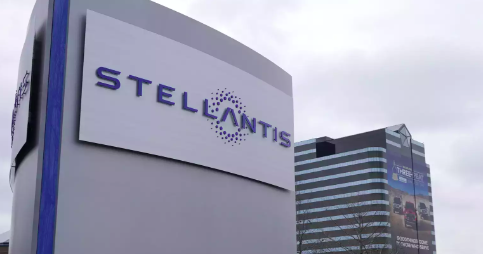Stellantis Approves Share Buyback Program
The Stellantis Board of Directors approved a share buyback program of up to €1.5 billion (total purchase price excluding ancillary costs), to be executed on the market with the intent to cancel the common shares acquired through the share buyback program. The shares will be purchased over a period ending December 31, 2023 on NYSE / Euronext Milan / Euronext Paris.
The opportunity to initiate the buyback program stems from the company’s significant cash flow generation and strong balance sheet.
These factors enable the company to ensure adequate liquidity to manage a wide variety of economic and market backdrops, while simultaneously facilitating attractive capital returns to shareholders.
The share buyback program will be carried out under the authority granted by the general meeting of shareholders held on April 13, 2022, which may be renewed or extended, up to a maximum of 10% of the Company’s capital. The purchase price per common share will be no higher than an amount equal to 110% of the market price of the shares on the NYSE, Euronext Milan or Euronext Paris. The market price will be calculated as the average of the highest price on each of the five days of trading prior to the date on which the acquisition is made, as shown in the official price list of the NYSE, Euronext Milan or Euronext Paris. Following the share buyback transaction for 69.1 million shares (2.2% of the Company’s capital) executed on September 15, 2022, the remaining authorization stands at 244 million shares, more than adequate to cover this share buyback program and the potential repurchase of 99.42 million shares currently owned by Chinese JV partner Dongfeng Corporation under the terms announced on July 15, 2022.
Stellantis will provide updates on the start of buybacks and on the buyback program via a press release and on the Investors section of the corporate website. The buybacks will be carried out subject to market conditions and in compliance with applicable rules and regulations, including the Market Abuse Regulation 596/2014 and the Commission Delegated Regulation (EU) 2016/1052.




